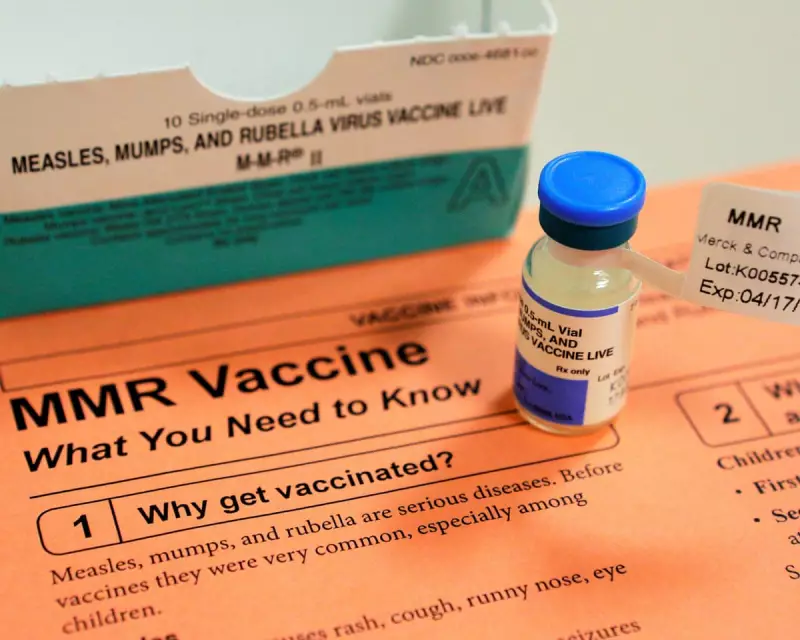
England is grappling with a concerning rise in measles cases, a direct consequence of falling vaccination rates. This alarming trend mirrors the challenges faced during the COVID-19 pandemic, where vaccine hesitancy and misinformation led to preventable outbreaks.
The Decline of Herd Immunity
Herd immunity, the protective shield that prevents the spread of infectious diseases when a sufficient proportion of the population is vaccinated, is weakening. Measles, one of the most contagious diseases known, requires a 95% vaccination rate to maintain herd immunity. However, recent data shows that England is falling short of this critical threshold.
Lessons from COVID-19
The parallels between the current measles outbreak and the COVID-19 pandemic are striking. Both scenarios highlight the dangers of vaccine hesitancy and the rapid spread of misinformation. During the pandemic, the UK's vaccination campaign initially saw high uptake, but pockets of resistance remained, leading to localized outbreaks.
Why Vaccination Matters
Vaccines are one of the most effective public health interventions, saving millions of lives annually. Measles, though often perceived as a mild childhood illness, can lead to severe complications, including pneumonia, encephalitis, and even death. The MMR (measles, mumps, and rubella) vaccine is safe, effective, and provides lifelong protection.
Call to Action
Public health officials are urging parents to ensure their children are up to date with their vaccinations. Schools and GP surgeries are being mobilized to facilitate easy access to the MMR vaccine. The message is clear: vaccination is not just a personal choice but a collective responsibility.
As England confronts this measles outbreak, the lessons from COVID-19 must not be forgotten. Vaccination is our best defense against preventable diseases, and maintaining high uptake rates is crucial for protecting the most vulnerable in our society.





